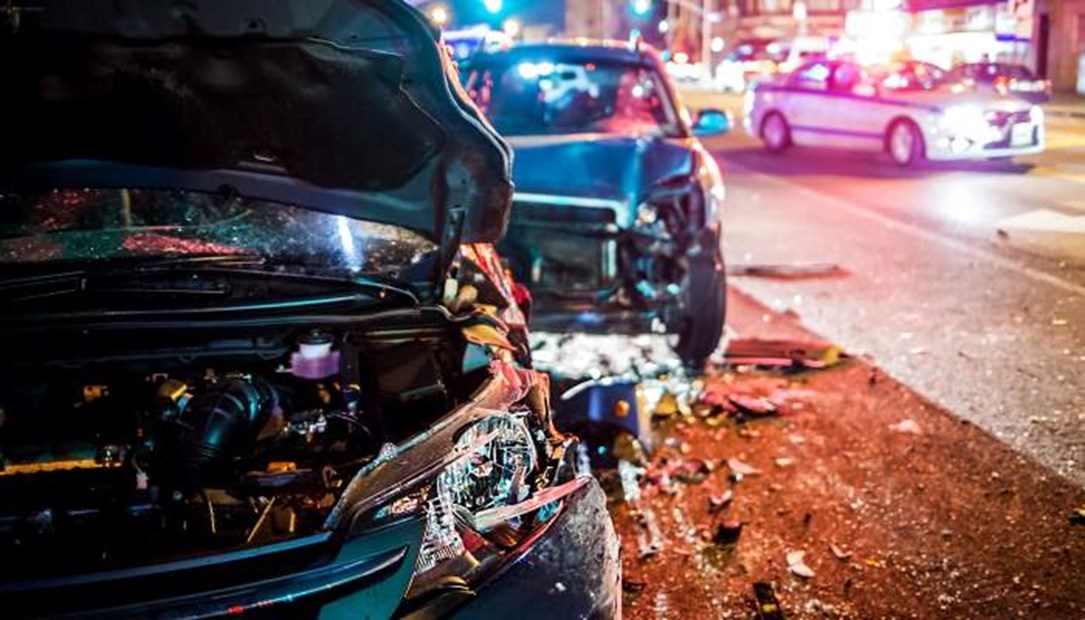Written off or total loss vehicles
Typically, a vehicle which is treated as a total loss (also known as a "write-off") is when the the cost to repair the vehicle is higher than the actual cash value of the vehicle. A vehicle may, however, become an ‘economic total loss’ because other costs associated with the repair push up the cost of repairing it, such as the costs of a courtesy car.
To accurately identify which cars should be broken for scrap (and not returned to the road) and to identify which cars are repairable and can return to the road, insurers use an industry-wide code to categorise damaged vehicles into one of four categories.
All ABI members motor insurers support the Salvage Code of Practice and adhere to its provisions. To further improve transparency, each insurer has nominated a member of staff to ensure compliance with the provisions of the Code. A list of supporting insurers is available here.
- If you have third party fire and theft or comprehensive motor insurance your insurer should cover the cost of replacing your vehicle at its current market value.
- If you have guaranteed asset protection (GAP) insurance, your GAP policy will cover the difference between the original purchase price of your vehicle and its current market value.
Stolen vehicles
A stolen vehicle can be declared a write-off if it is recovered in a condition beyond repair and formally written off by your insurer.
If your vehicle is stolen and not recovered, it cannot be declared a write-off. Your insurer will contact you to agree a valuation for your stolen vehicle and discuss the cost of a replacement.

